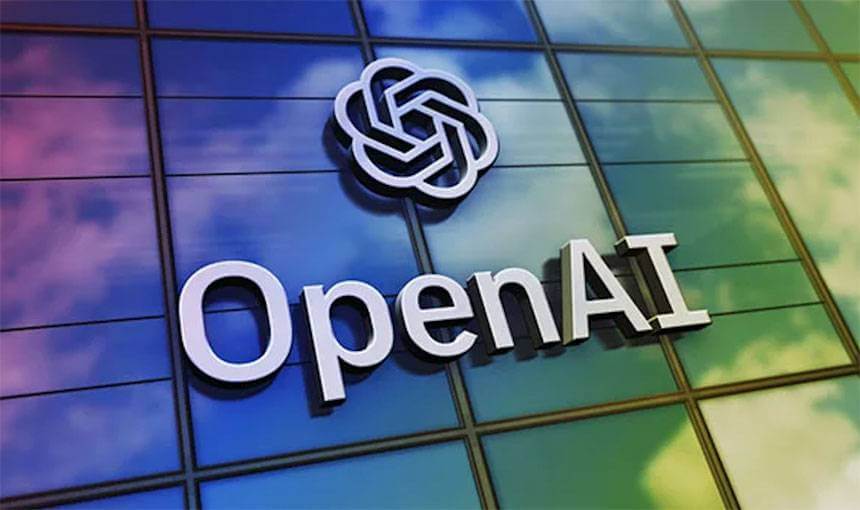During the ongoing antitrust trial against Google in Washington D.C., an OpenAI executive revealed the company's strong interest in acquiring Google's Chrome browser, should the court force Google to sell it. Nick Turley, Head of Product for ChatGPT, testified that OpenAI would be keen to own Chrome, stating it would allow them to deliver an "incredible experience" to users and introduce them to "what an AI-first browser looks like."
This revelation highlights OpenAI's broader strategy to expand its reach and influence in the tech landscape. The US Department of Justice is pushing for significant measures to restore competition in online search, arguing that Google has an illegal monopoly. As part of these measures, government attorneys are urging Judge Amit Mehta to force Google to divest Chrome. Google, however, argues that such a move is an overreach and could harm American technological leadership.
OpenAI's interest in Chrome stems from the browser's massive user base (over 3 billion users) and its strategic importance as a gateway to the internet. Acquiring Chrome would give OpenAI direct control over a major distribution channel, reducing its reliance on third-party platforms and providing a significant advantage in the AI race.
Furthermore, the trial revealed that OpenAI had previously approached Google to integrate its search technology into ChatGPT but was turned down. ChatGPT currently uses Microsoft's Bing for search, but OpenAI believes that having multiple partners, including Google, would enable them to provide a better product. In October 2024, OpenAI launched "ChatGPT Search," allowing Plus and Team users to search the web directly through ChatGPT, utilizing a Chrome extension that controversially changes Chrome's default search settings to route address bar searches through ChatGPT Search.
Beyond its interest in Chrome, OpenAI is actively developing its own web browser to compete with Chrome, having hired former Chrome developers. The company is also reportedly working on "Operator," an AI agent capable of performing complex tasks on the web. These efforts suggest a comprehensive strategy to challenge Google's dominance and establish OpenAI as a leader in the AI-powered internet ecosystem. A Bloomberg analyst has estimated the price of Chrome browser at US$15 billion or more.

















